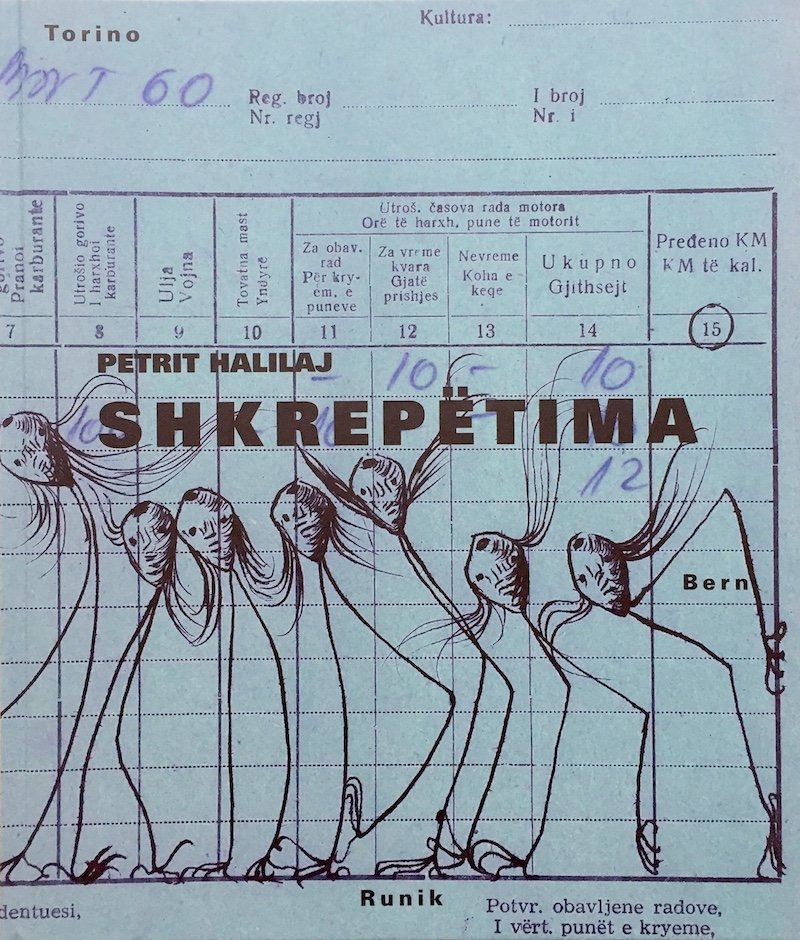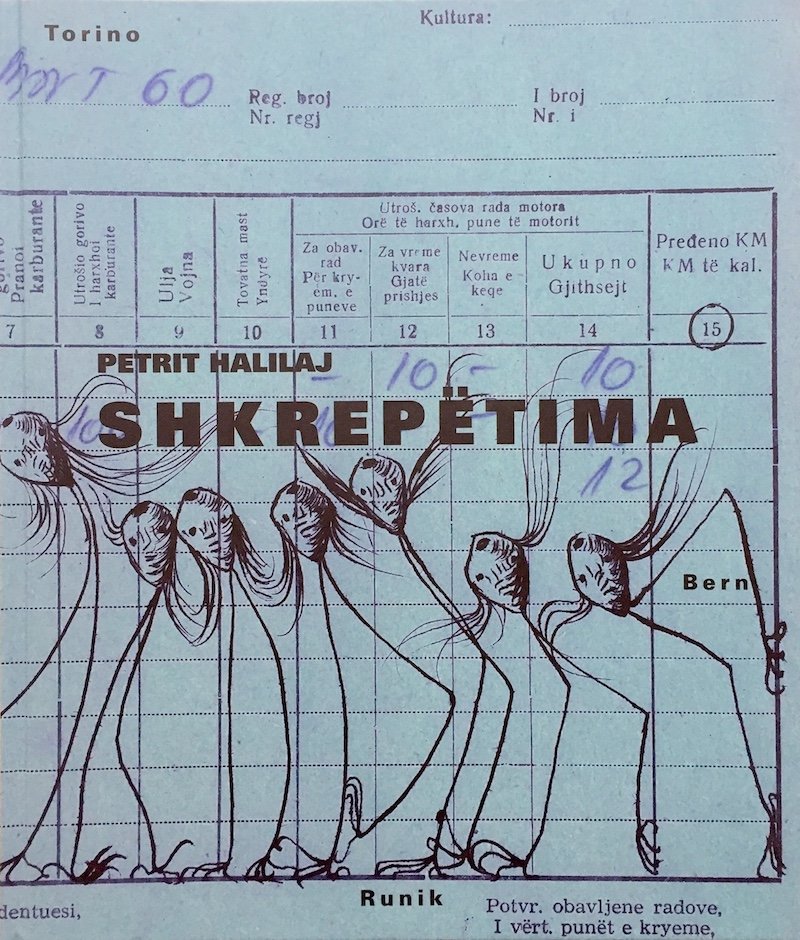“Shkrepëtima” - Petrit Halilaj (Fondazione Merz)
“Shkrepëtima” - Petrit Halilaj (Fondazione Merz)
Couldn't load pickup availability
Published by Fondazione Merz, Turin
Text by Leonardo Bigazzi, Beatrice Merz and Nina Zimmer
Language: Italian and English
ISBN: 978-88-7757-276-9
This catalogue is published on the occasion of the exhibition Petrit Halilaj. Shkrepëtima curated by Leonardo Bigazzi and held at Fondazione Merz from 29th October 2018 to 17th February 2019.
“In recent years, Petrit Halilaj has succeeded in transforming his own biography and the recent history of his nation, Kosovo, into living matter for his works. Despite working with a public and collective dimension, his work often originates from a personal experience, and is usually the result of an intimate process shared with the people dearest to him. Using sculpture, video, performance and drawing, Halilaj has developed a deep reflection on the construction mechanisms of cultural identity, on the value of memory and on the role of art in the shaping of collective consciousness in contemporary society. Shkrepëtima is a project which also includes the solo exhibitions at the Paul Klee Zentrum in Bern and the performance that was held in the ruins of the former Runik Culture House, which for over thirty years had been the symbol of the cultural identity of its citizens. The whole community was involved in the project, through presentations, meetings and a workshop with elementary school students. The last stage of the entire project was the re-contextualisation in the form of sculptures and monumental installations, of the sets, costumes and props of the performance in the exhibition space of the Fondazione Merz in Turin. The images of the performance are shown in a single-channel video (Shkrepëtima, 2018) in which parts of the 4K filming of the performance alternate with those made by the artist in a more subjective manner with his Go-Pro inside the ruins of the House of Culture before the redevelopment. This kind of film, deliberately of an ‘amateurish’ style, is an integral part of Halilaj’s research process and constitutes today most of his video production. Each project generates dozens of hours of footage made by the artist, often for documentation purposes, and in most cases is not used in the production of a work. We might add that the title Shkrepëtima summarises the very essence of the artist’s vision. Art can be a ‘spark’ able to restart a process of reflection on our identity, and represents an opportunity to imagine alternative hypotheses where today’s politics and current economics have already clearly failed. The fate of Runik’s House of Culture remained uncertain, but following the performance the Ministry of Culture ordered the inclusion of the building in the list of property declared to be of national interest, guaranteeing its future restoration. In recent years, Halilaj’s work has therefore sought concrete solutions to real problems using not only the freedom, but also the economies of the art system. Everyone should have the right to have access to beauty, not just those who can afford to enter a museum or live in a Western city. Albeit in different contexts and on different scales, the processes recall the practice of socially engaged artists like Theaster Gates. By intervening directly on the processes of construction of the collective history of his community, and by bringing it closer to its origins, Halilaj proposes a universal reflection on the potential of art and its power to transform reality. But also on the fundamental role it can play in building a people’s historical awareness and in managing the responsibilities of memory, so that this be inclusive and therefore able to reject a nationalist rhetoric. Starting from the story of a small country seemingly far from us, Halilaj reminds us that only through a deep awareness of our past can we assume the correct responsibility to build the future.” (Leonardo Bigazzi)
Shipping
Shipping
The books are shipped with Deutsche Post or DHL, according to the weight of the package.
For more informations, don't hesitate to get in touch !


